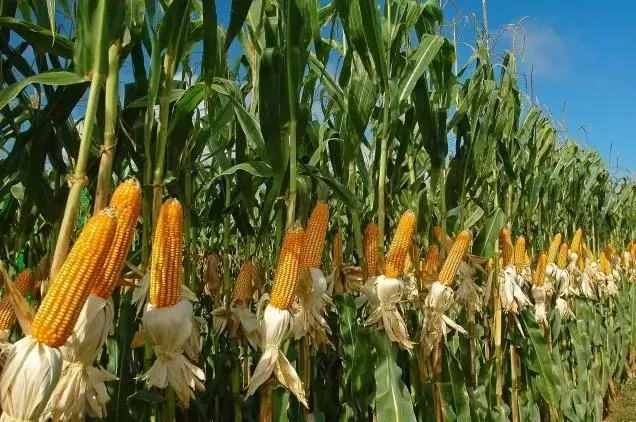Nigerian farmers wants maize importation banned

An agricultural cooperative society, the Nigeria Farmers Group and
Cooperative Society, on Tuesday called on the Federal Government to ban the importation of maize into the country.
The group’s National Coordinator, Mr Redson Tedheke, made the call in Abuja, stressing that the suspension of the import would protect local farmers and encourage massive production of the commodity.
According to him, local farmers must be protected to invest more, so that Nigeria would become self sufficient in maize production.
“The Federal Government must set an immediate time scale to ensure that maize is not imported within months, like was done with rice.
“You cannot tell people to go to farm and then allow massive importation of the same thing they are conveniently producing.
“We feel that is insincerity of purpose, and we are telling government that if you allow continuous importation of maize, you are actually working against those you urge to go to the farm.
“The Nigeria farmers group, have 2,000 hectares of maize farm across the nation, and it is still cultivating more,” he said.
Tedheke noted that some Agro-business firms operating in Nigeria were importing large quantities of maize at relatively ‘’low landing cost.’’
He also said that that although maize was not currently on Nigeria’s import prohibition list, there was need to check excessive importation to protect local producers in their quest to grow the economy from within.
“If the Federal Government does not act fast, the localisation of maize production will be lost to importers who may kill local producers, jobs and the economy.
“The current price of locally produced maize is between N130, 000 and N250, 000 per tonne.”
Tedheke claimed that a company had shipped in huge vessels of maize from abroad to be sold at about N40, 000 per tonne.
“If this trend is allowed to continue, it will spell doom for farmers who have battled lack of funding, support and the war with Army worms in maize farming.”
He noted that the cost of imported maize was relatively low because the government of those countries from where they were imported provided necessary support to their farmers.
The coordinator said if the group is properly supported, it has the capacity to produce 50,000 tonnes of maize quarterly.
“The India government, for example, subsidised agriculture by providing tractors, seedlings, funding and other relevant support and that largely reduced the cost of production for its farmers.
“If the Nigerian government does not want the price of locally produced maize to go beyond a certain level, let it subsidise its production in the best interest of our economy.”


Post a Comment